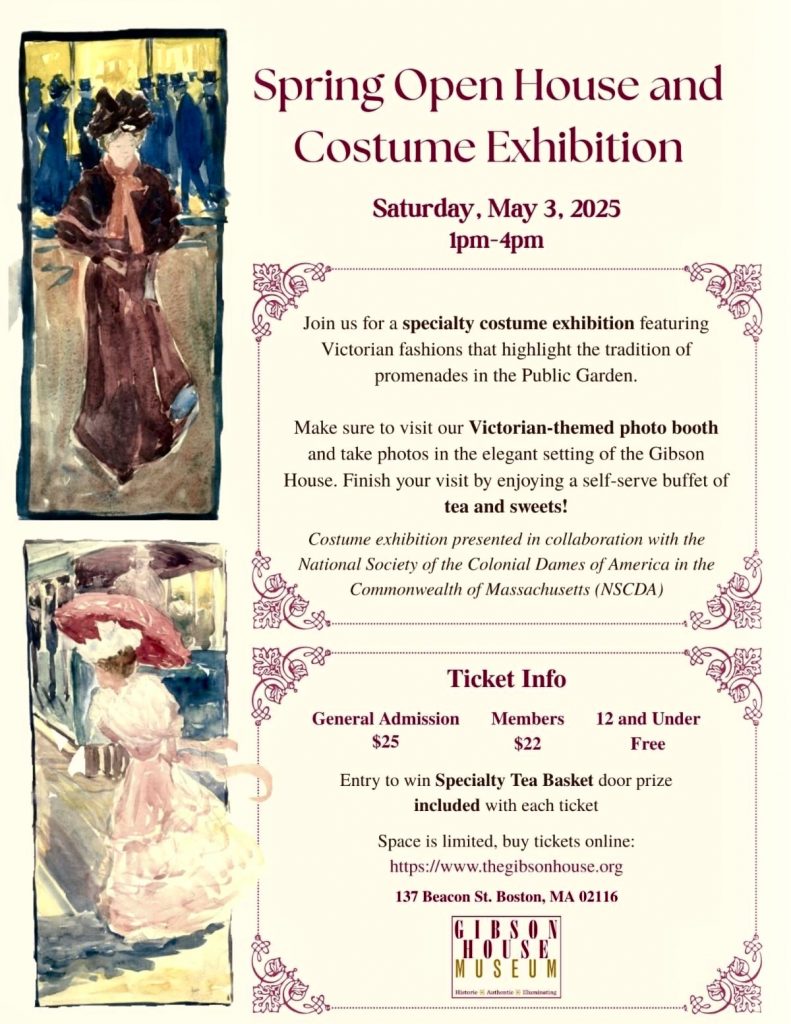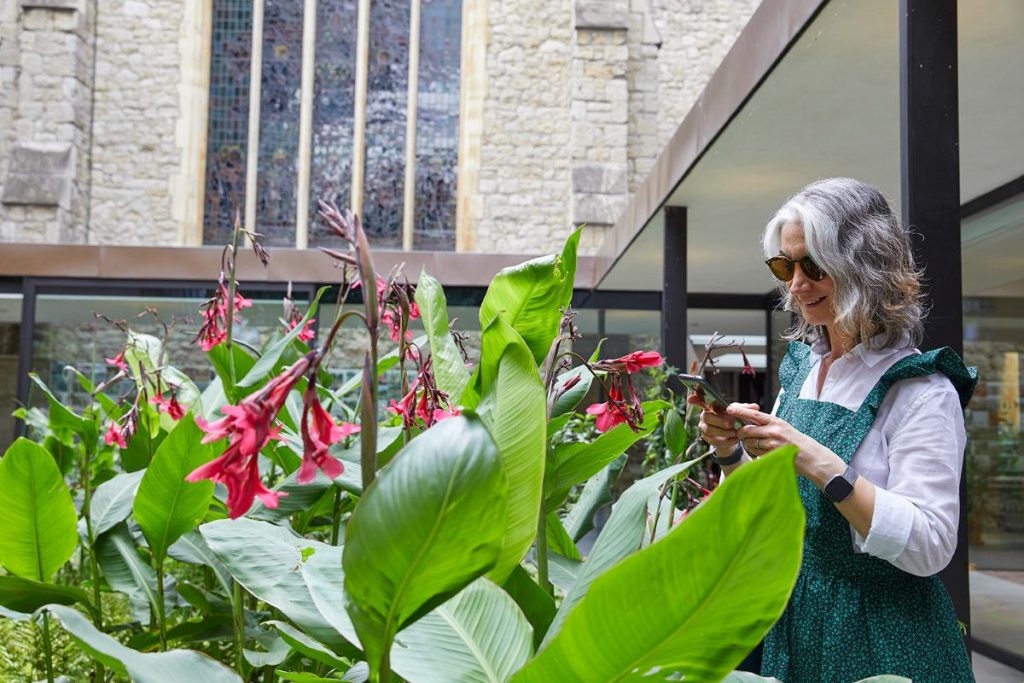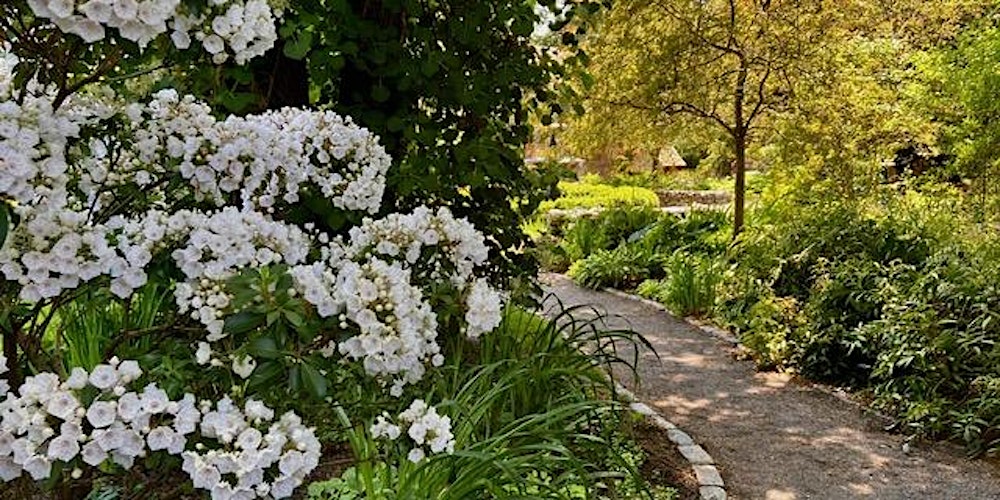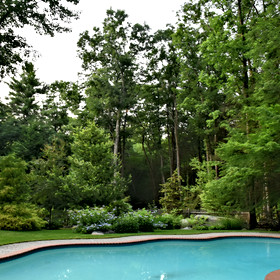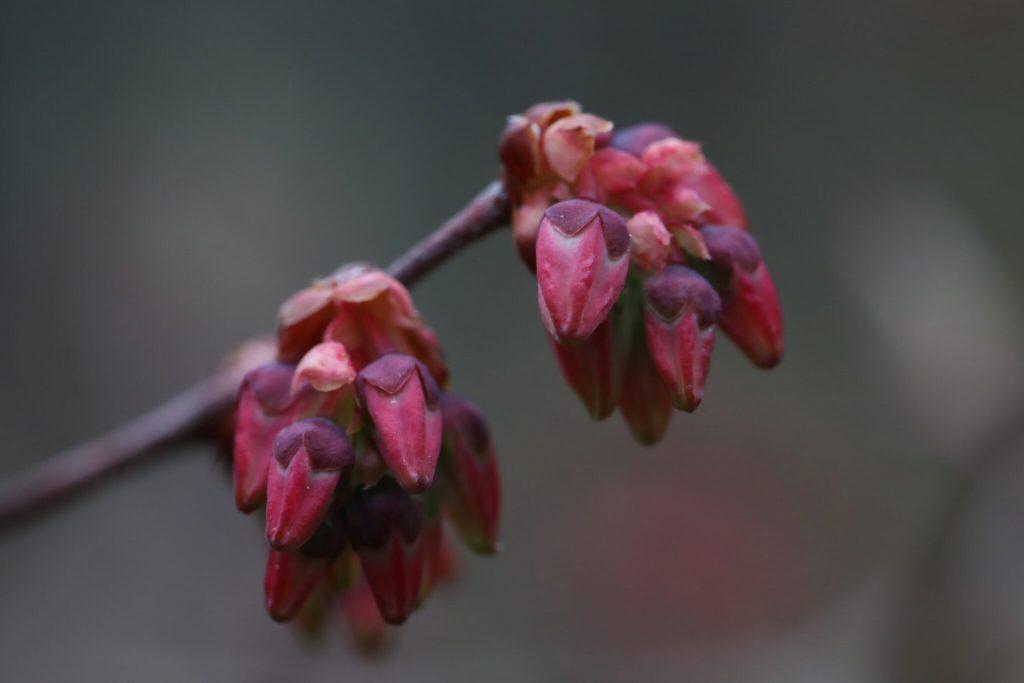Historic parks and gardens play a frequent – and frequently tantalizing – role in films and on TV. Where is the 18th century landscape that forms the background to scenes in Bridgerton? Which English country estate serves as Paris for both James Bond and Sherlock Holmes? Is that really a world heritage site being flooded for a scene in The Secret Garden?
Join The Gardens Trust on Wednesdays in May for behind-the-scenes at some of the locations used in costume dramas, children’s adventures, murder mysteries and much else. We’ll hear from a location manager on choosing the right gardens for shoots and from a garden historian on films in her own county, as well as the experience of three major players who regularly manage film crews in their historic landscapes – the National Trust, the Royal Parks and English Heritage. This ticket costs £35 for the full series of five talks or you may purchase a ticket for individual talks, costing £8. To sign up, visit Eventbrite UK HERE. Ticket holders can join each session live and/or view a recording for up to 2 weeks afterwards. Attendees will be sent a Zoom link 2 days (and again a few hours) prior to the start of the first talk.
The second talk on May 14 will explain how and why the National Trust allows filming in its historic gardens. It will encompass three shoots. First, the classic children’s story, The Secret Garden, the most recent version of which, filmed in 2019, took place in two of our gardens to help create the garden seen on screen. Second, Alice in Wonderland (below) used a garden chosen by the director, Tim Burton, even though the property, Anthony in Cornwall, had never hosted a film before. The third garden, Lamb House, was an example of filming in the actual garden that featured in the Mapp and Lucia books and where the author lived.
Harvey Edgington was London’s first full time Film Officer having created the role at the London Borough of Greenwich. This involved finding locations for films such as Patriot Games and Four Weddings and a Funeral. Directly before joining the Trust, he did similar work for Film London across the capital. Harvey swapped housing estates for country estates by setting up the NT Filming and Locations Office in 2003, a department he has headed up ever since. He has since spoken about his work at industry events in France, Spain, Sweden, Korea, Poland and the UK.
